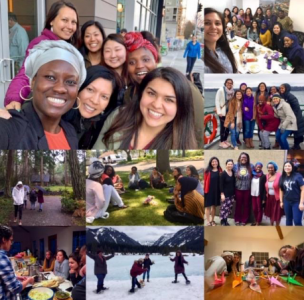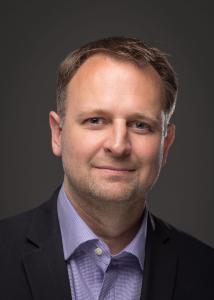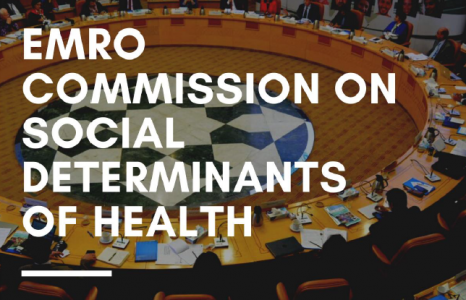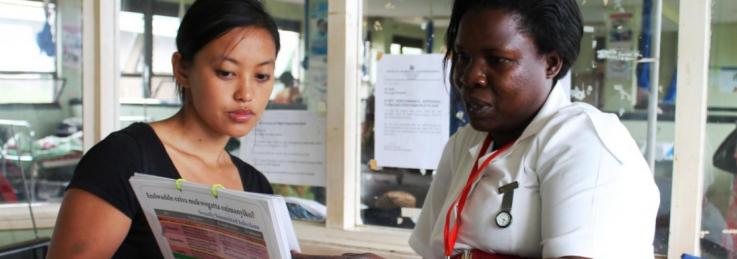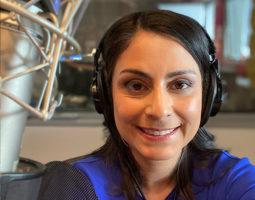Women of Color in Global Health Group Presents Research on Equity, Community, Leadership, and Resilience at UW Symposium
As the world adapts to the circumstances surrounding the COVID-19 pandemic, countless conferences, seminars, and other gatherings have gone completely virtual. One such event, the UW Teaching & Learning Symposium, was held online on April 6, 2020. This symposium, in its 16th year of existence, brings faculty, staff, and students from all three UW campuses to share their experiences around teaching, learning, and research.
